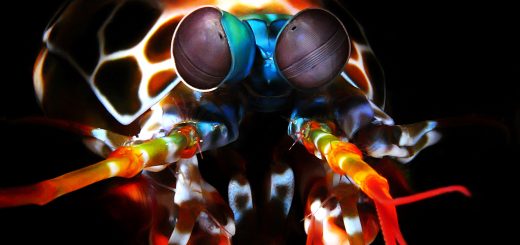Can Scotland lead the Neuroscientific Enlightenment?

As part of the Edinburgh International Science Festival 2015’s Brainwaves mini-festival and the British Neuroscience Association’s Festival of Neuroscience, controversial former UK Government advisor Prof David Nutt of Imperial College London will discuss the ways he believes a radical policy rethink could transform the classification of drugs and alcohol and their impact on our society in Why Scotland Should lead the Neuroscientific Enlightenment on Sunday 12 April.
Prof Nutt was removed from his post as Chair of the Advisory Council on the Misuse of Drugs in 2009, following the publication of a pamphlet in which he questioned the science behind the Government’s system for drug classification. In 2010, he published a study which used multi-criteria decision analysis to assess the harm done to both the user and society by a range of drugs. His findings indicated that alcohol caused more damage to society that both heroin and crack cocaine.
Also in 2010, Prof Nutt founded the Independent Scientific Committee on Drugs, now known as DrugScience, an organisation that carries out original research into drug harms and effects and seeks to communicate objective information to both policymakers and the public. He recently appeared in Channel 4’s Drugs Live programme, in which high profile journalists, Jon Snow, Jennie Bond and Matthew Parris took part in an on-going scientific trial on the effects of cannabis that monitored their brains’ responses to the drug.
In this keynote lecture, Prof Nutt will talk about the ways the Scottish Government’s policies have pioneered the UK’s progress in recent years: introducing the smoking bans, minimum unit pricing for alcohol and the reduction of the drink-drive limit. He will also discuss the healthcare costs associated with the use of drugs, alcohol and tobacco and explain how the development of new synthetic agents could replicate their effects while minimising the implications for our health.
This article is a guest post by Magdalena Paduch from the Edinburgh International Science Festival.










